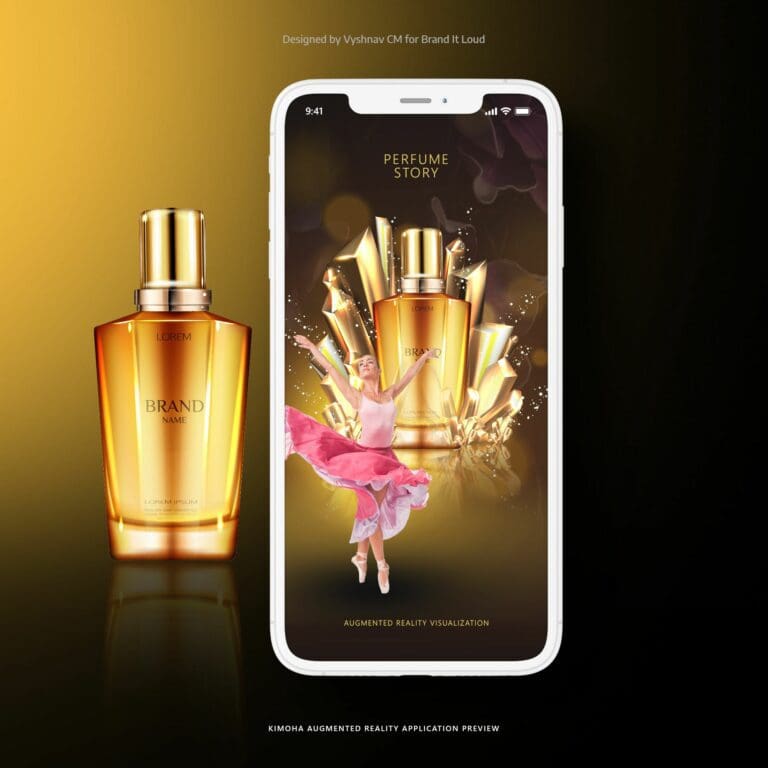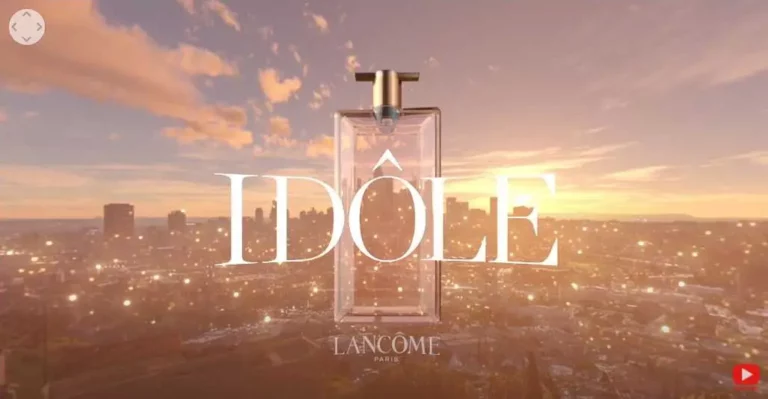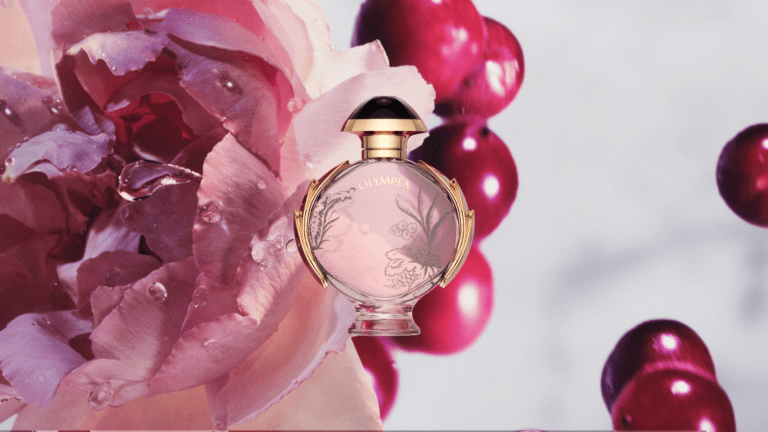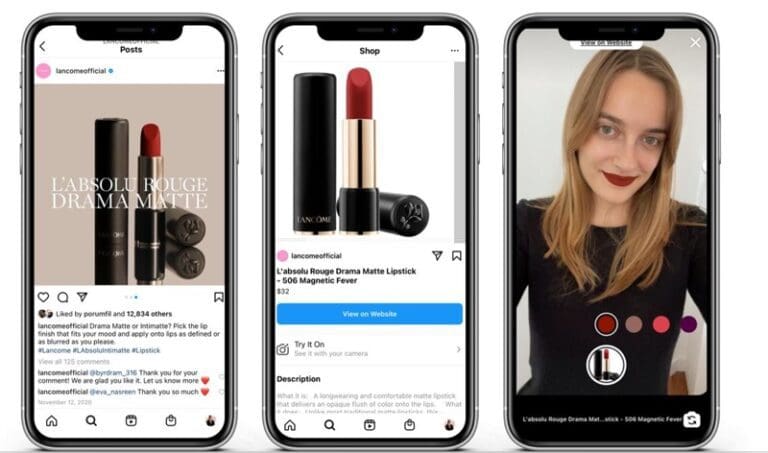The importance of 3D configurators for customer experience in the luxury industry
The importance of 3D configurators for customer experience in the luxury industry Table of Contents In the luxury industry, where attention to detail, exclusivity, and

Augmented Reality (AR) technology allows users to superimpose virtual content (e.g. images, sounds, text) over a real-world environment.
It exploits 3D, computer-generated visuals, and “brings to life“, items that are not physically present in the user’s environment. Augmented Reality has been demonstrated to be a handy tool for brands’ digital strategies.
To illustrate, according to Deloitte, 88% of medium-sized businesses are already using or testing Augmented Reality for several purposes [1]. It represents the ultimate solution to offer customers an immersive omnichannel strategy.
With AR, customers can instantly interact with products by projecting real-time 3D renderings in their space. In addition, they are able to zoom in and out on complex product details with a 360° visualization, allowing them to see the item from every angle and gain an idea of the most precise size.
SmartPixels can help your brand to stand out by singling out your Augmented Reality experience. By implementing a 3D configuration software, your clients will be able to see 3D visuals, personalize them, and envision them in their space using AR. Following the Augmented Reality solutions we deployed for our clients, they experienced an increase in consumer engagement and an increase in sales.

These days, the beauty industry is gaining prominent attention. Its market capitalization is projected to increase. To illustrate, it is predicted to reach a total of $784.6 billion by 2027 [2]. This positive outlook is also given due to the ability of beauty brands to remain relevant during the COVID-19 pandemic when major stores were forced to close.
One way the beauty industry succeeded in maintaining its prominence during the global sanitary crisis was through technological advancements such as Augmented Reality (AR).
Prior to COVID-19, 85% of beauty product purchases occurred in stores. This was due to the necessity of shoppers to try-on beauty products before making a purchase. In particular, the younger generations feel the urge to see and preview their beloved items in order to increase their confidence while shopping.
At the end of 2020, when stores were allowed to reopen, cosmetic “testers” were removed due to safety measurements. Within this scenario, Augmented Reality became the long-awaited answer for the industry. AR technologies assisted brands in developing seamless virtual activations strategies that resonate with modern-day consumers.
One of the consumer audiences that found this solution highly appealing was Gen Z. In fact, according to a report conducted by Snapchat, 88% of Gen Z shoppers are interested in using AR for shopping [3]. This is particularly relevant as they are in the quest for highly immersive and interactive relationships with their favorite brands.

Simply displaying traditional and static product photos, has demonstrated to be not enough to meet customers’ increasing expectations. However, thanks to the implementation of 3D renderings, it is now possible to provide a detailed look at items from any perspective.
Photorealistic 3D visuals are especially effective in attracting, engaging, and influencing potential customers. Brands unlock their potential by increasingly employing them, for example, by showing them in Augmented Reality in the consumer’s environment.
Consequently, to enhance the unique characteristics of your fragrance or lipstick, you can showcase it to your audience as a 3D render, with an Augmented Reality solution. With 3D technology, it is possible to recreate the realism of the lights, shadows, and clarity of your iconic product.
SmartPixels can support you in the creation of 3D hyperrealistic visuals. These renderings can then be displayed in Augmented Reality, to highlight even the tiniest of detail, and to provide a clear idea of how the product might look in a real-life environment.

According to Snapchat, 93% of users are interested in using AR for shopping, in particular for make-up virtual-try-on. A few explanations can be listed to understand the acclaim of AR virtual-try-on :
• Consumers seek to detect the product that suits them best
• Buyers are willing to have a smooth shopping experience
• Shoppers seek engaging e-commerce and in-store purchase journeys
Among several implementations of Augmented Reality for beauty, virtual try-on represents one of the most prominent. Virtual-try-on constitutes useful exploitation of AR experiences in retail.
This property enables buyers to visualize how objects can be seen in their homes and on their own bodies before a purchase. Concretely, for the beauty industry, virtual-try-on enables users to see how a mascara, lipstick, or foundation appears on their face as if they had directly applied it by themselves, or by a make-up artist in the store.
Augmented Reality feature in Prada LunaRossa digital activation
Within brands’ communication digital strategies, the role of Augmented Reality has the power to act as a liaison between the offline and the online universes.
Several luxury beauty brands started to implement AR to “bring their product to life”. This solution usually starts with a QR code that customers have to unlock with their phones. Consequently, a 3D rendering of the item is transposed into Augmented Reality in their own environment.
Beauty brands remarked how the outcomes of these solutions are significant. In fact, the implementation of 3D digital assets as well as Augmented Reality technology determined a relevant boost in sales.
SmartPixels works with its clients to create Augmented Reality solutions for high-end products. End-users can visualize the item they want to buy directly in their home or, with virtual try-on, on their favorite outfits thanks to the use of 3D digital twins in the AR experience. They are thus reassured in their purchasing decisions. Furthermore, the 3D assets are displayed in 360° mode, allowing users to visualize them in great detail.
*Sources:
[1] https://dataprot.net/statistics/augmented-reality-stats/#:~:text=Augmented%20Reality%20Market%20%2D%20Key%20Statistics,helpful%20for%20learning%20new%20skills.
[2] https://www.biochromex.com/blog/augmented-reality-a-digital-makeover-for-the-beauty-industry
[3] https://forbusiness.snapchat.com/blog/how-gen-z-is-reshaping-communication-and-redefining-the-shopping-experience-with-ar
The importance of 3D configurators for customer experience in the luxury industry Table of Contents In the luxury industry, where attention to detail, exclusivity, and
3D rendering vs 2D: what are the benefits of one over the other? Table of Contents 3D rendering offers a significant leap in realism compared
How do 3D product configurators reduce e-commerce returns? Table of Contents Overview of e-commerce product returns % of people who claim to retunr their online
Omnichannel strategy: the keys to a successful experience Chloé Tokyo store with a personalization experience created by SmartPixels The global pandemic has forced brands around
How AR helps luxury brands to build immersive experiences What is Augmented Reality? Augmented Reality solution by SmartPixels Augmented Reality is a technology that enables
Deep-dive into glTF file format During recent years, the glTF file format has gained more and more prominence, due to its functionality and the wide variety